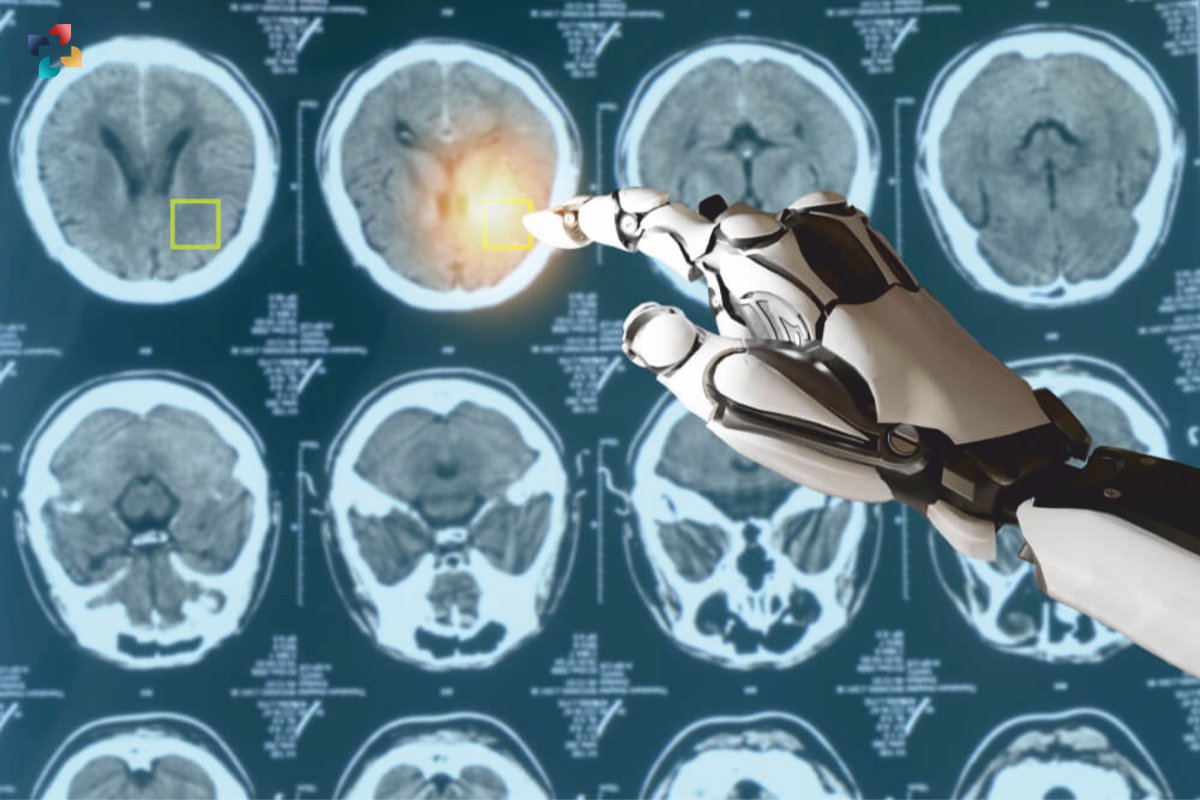In the rapidly evolving landscape of healthcare, data and analytics have emerged as powerful tools for unlocking insights, improving decision-making, and driving innovation. As healthcare organizations strive to harness the full potential of data-driven approaches, terms like “data analytics” and “health intelligence” are often used interchangeably. However, it is essential to recognize that these concepts represent distinct yet interconnected facets of healthcare data management and utilization. In this comprehensive article, we aim to demystify the differences between data analytics and health intelligence, exploring their definitions, components, applications, and implications for the future of healthcare.
Understanding Data Analytics
Data analytics refers to the process of extracting actionable insights from vast amounts of structured and unstructured data to inform decision-making, optimize processes, and drive business outcomes. In the context of healthcare, data analytics involves the collection, processing, analysis, and interpretation of healthcare data to derive insights into clinical outcomes, operational efficiency, and patient behavior. Data analytics encompasses a wide range of techniques, including descriptive analytics, diagnostic analytics, predictive analytics, and prescriptive analytics, each serving a specific purpose in transforming raw data into actionable intelligence.
Components of Data Analytics
Data analytics involves several key components that collectively enable healthcare organizations to extract value from their data assets:
1. Data Collection and Integration
Data analytics begins with the collection and integration of diverse data sources, including electronic health records (EHRs), medical imaging, laboratory results, billing records, and patient-generated data from wearable devices. Integrating these disparate datasets into a centralized repository enables healthcare organizations to access a comprehensive view of patient health and healthcare delivery processes.
2. Data Preprocessing and Cleansing
Once data is collected, it undergoes preprocessing and cleansing to remove noise, errors, and inconsistencies that may affect the accuracy and reliability of analytical results. Data preprocessing techniques include data normalization, missing value imputation, outlier detection, and data transformation, ensuring that the data is clean, standardized, and ready for analysis.
3. Descriptive Analytics
Descriptive analytics involves summarizing and visualizing data to gain insights into historical trends, patterns, and relationships. Descriptive analytics techniques include data visualization, dashboards, charts, and graphs, which enable stakeholders to explore and understand key performance indicators (KPIs), patient demographics, and utilization patterns.
4. Diagnostic Analytics
Diagnostic analytics focuses on identifying the root causes of past events or outcomes by analyzing historical data and conducting root cause analysis. Diagnostic analytics techniques include hypothesis testing, correlation analysis, and regression analysis, which help uncover relationships between variables and determine factors contributing to specific outcomes or events.
5. Predictive Analytics
Predictive analytics involves forecasting future events or outcomes based on historical data and statistical modeling techniques. Predictive analytics techniques include machine learning algorithms, time series analysis, and survival analysis, which enable healthcare organizations to predict patient outcomes, disease progression, and resource utilization with a high degree of accuracy.
6. Prescriptive Analytics
Prescriptive analytics goes beyond predicting future events to recommend optimal courses of action to achieve desired outcomes. Prescriptive analytics techniques include optimization algorithms, decision trees, and simulation models, which help healthcare organizations identify the most effective interventions, treatment protocols, and resource allocation strategies to improve patient outcomes and operational efficiency.
Understanding Health Intelligence
Health intelligence builds upon the foundation of data analytics by integrating advanced analytics techniques, clinical expertise, and domain knowledge to drive informed decision-making, improve patient outcomes, and enhance the overall efficiency of healthcare delivery. While data analytics focuses primarily on extracting insights from data, health intelligence encompasses a broader scope, incorporating insights derived from data analytics into actionable strategies and interventions that impact clinical care, population health management, and healthcare operations.
Components of Health Intelligence
Health intelligence comprises several key components that distinguish it from traditional data analytics:
1. Clinical Expertise and Domain Knowledge
Health intelligence leverages clinical expertise, medical knowledge, and evidence-based practices to interpret analytical insights and translate them into actionable strategies that drive clinical decision-making and patient care. By integrating data analytics with clinical expertise, health intelligence enables healthcare providers to tailor treatment plans, optimize care pathways, and improve patient outcomes.
2. Interdisciplinary Collaboration
Health intelligence fosters collaboration among multidisciplinary teams, including data scientists, clinicians, researchers, and healthcare administrators, to leverage diverse perspectives and expertise in addressing complex healthcare challenges. Interdisciplinary collaboration enables stakeholders to identify relevant data sources, develop analytical models, and implement evidence-based interventions that address the unique needs of patients and communities.
3. Real-Time Monitoring and Intervention
Health intelligence enables real-time monitoring of patient health status, clinical workflows, and healthcare performance metrics, allowing healthcare organizations to identify deviations from baseline values and intervene proactively to prevent adverse events or optimize care delivery. By leveraging real-time data analytics and decision support tools, health intelligence empowers clinicians to make timely, data-driven decisions that improve patient outcomes and enhance the quality of care.
4. Population Health Management
Health intelligence plays a crucial role in population health management by enabling healthcare organizations to stratify patient populations based on risk factors, health behaviors, and utilization patterns. By identifying high-risk individuals and implementing targeted interventions, population health initiatives can reduce healthcare costs, improve health outcomes, and enhance the overall well-being of communities.
5. Continuous Improvement and Learning
Health intelligence emphasizes a culture of continuous improvement and learning, where healthcare organizations leverage data-driven insights to identify opportunities for optimization, innovation, and quality improvement. By analyzing performance metrics, benchmarking data, and outcomes measures, healthcare organizations can identify best practices, implement evidence-based interventions, and drive continuous improvement across all aspects of healthcare delivery.
Distinguishing Between Data Analytics and Health Intelligence
| Aspect | Data Analytics | Health Intelligence |
|---|---|---|
| Scope and Purpose | Focuses primarily on extracting insights from data to inform decision-making and optimize processes. | Encompasses a broader scope, integrating advanced analytics techniques, clinical expertise, and domain knowledge to drive informed decision-making, improve patient outcomes, and enhance overall efficiency of healthcare delivery. |
| Interdisciplinary Collaboration | May involve collaboration with stakeholders from various disciplines. | Emphasizes interdisciplinary collaboration among data scientists, clinicians, researchers, and healthcare administrators to leverage diverse perspectives and expertise in addressing complex healthcare challenges. |
| Real-Time Monitoring and Intervention | May involve retrospective analysis of historical data. | Enables real-time monitoring of patient health status, clinical workflows, and healthcare performance metrics, allowing proactive intervention to optimize care delivery. |
| Population Health Management | May involve population-level analysis of healthcare data. | Plays a crucial role in population health management by stratifying patient populations based on risk factors, health behaviors, and utilization patterns, emphasizing targeted interventions and personalized approaches to improving population health outcomes. |
Implications for the Future of Healthcare
- As healthcare organizations embrace data-driven approaches, the distinctions between data analytics and health intelligence become increasingly important.
- Recognizing the unique capabilities of each approach is crucial for leveraging the full potential of data and analytics in healthcare delivery.
- Integration of advanced analytics techniques, clinical expertise, and domain knowledge is essential for harnessing the power of health intelligence.
- This integration enables healthcare organizations to address complex challenges, improve patient outcomes, and enhance overall quality and value of healthcare delivery.
- Interdisciplinary collaboration is emphasized for leveraging diverse perspectives in addressing healthcare challenges effectively.
- Investment in data infrastructure and analytics capabilities is necessary to support the implementation of health intelligence.
- Prioritizing continuous improvement and learning is essential for unlocking the transformative potential of health intelligence in healthcare delivery.
- Ultimately, the vision of data-driven, patient-centered care for all can be realized through the effective utilization of health intelligence.
Conclusion
In conclusion, data analytics and health intelligence represent complementary approaches to leveraging data and analytics in healthcare. While data analytics focuses on extracting insights from data to inform decision-making and optimize processes, health intelligence encompasses a broader scope, integrating advanced analytics techniques, clinical expertise, and domain knowledge to drive informed decision-making, improve patient outcomes, and enhance the overall efficiency of healthcare delivery. By recognizing the distinctions between these concepts and embracing a holistic approach to data-driven healthcare, healthcare organizations can unlock the transformative potential of health intelligence and drive meaningful change and innovation in healthcare delivery.








